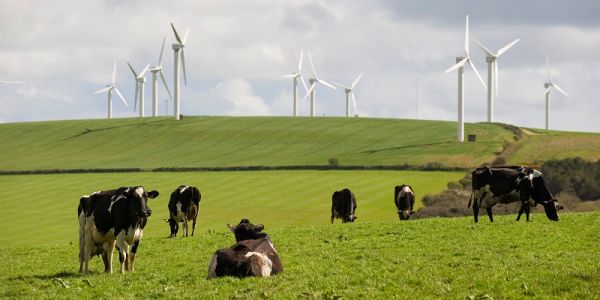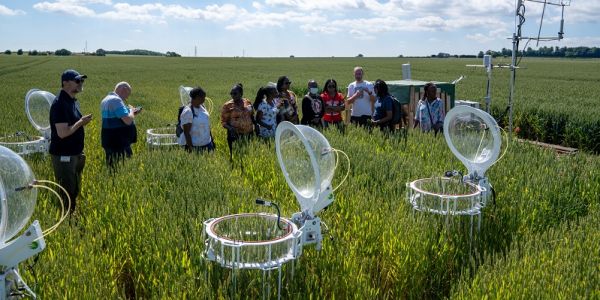
Civic leaders pledge to improve social mobility
A major drive to improve the life chances of children from the Bradford district has been formally launched.

A major drive to improve the life chances of children from the Bradford district has been formally launched.

A novel research network aims move the country’s agri-food industry closer to net zero emissions, enabling the UK to meet its 2050 emissions target.

If carbon emissions are limited to slow temperature rise, as many as 6,000 child deaths could be prevented in Africa each year, according to new estimates.

New research shows that the UK can dramatically reduce its energy demand to meet net zero emissions targets by 2050 without negatively impacting quality of life.

Fellows from six African countries this week joined colleagues at Leeds to strengthen networks and build research and leadership skills, helping to bring sustainable change in African food systems.

Air quality inside buildings and on transport systems should be improved to reduce the impact of future pandemics or the spread of flu and other infectious diseases, say engineers and scientists.

Leading academic researchers, alumni, a former Vice-Chancellor and a University Council member have been honoured in the Queen’s Birthday Honours for their services to the country.

Recent intense heatwaves in India and widespread US droughts have highlighted the need for a global approach to tackling chronic water shortages.

As Governor of the Central Bank of Seychelles (CBS), Caroline Abel (Economics Studies 1999) is one of the most influential figures in a country navigating extraordinary global events.

BAFTA award-winning producer Trevor Klein (Political Studies 2006) explains how his time in Leeds Student Television society changed his career, as he launches another hit TV show.